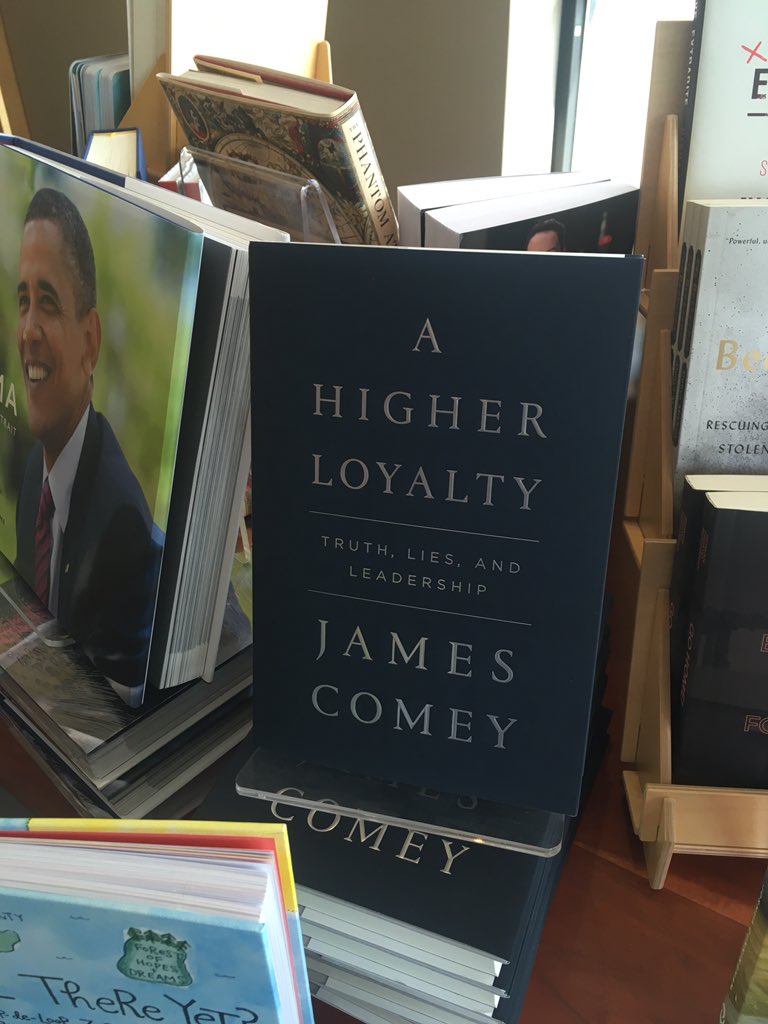1. Climate Change as a concept is not about people, it's a complex and nuanced science thinger that can be hard to grasp.
A. They tell a really compelling story, keeping people hooked narratively at every turn.
II. They are packaged in a way that gets people to click on the story to read it.
3. They give people a place to go with emotions.
And that's how they made local municipal power ballot initiatives into something a national audience can connect with.


